Moral leadership among CEOs is declining, even as more people demand it
Dov Seidman, who runs the HOW Institute for Society, has a new survey out assessing the “State of Moral Leadership in Business.”
Featured Speeches
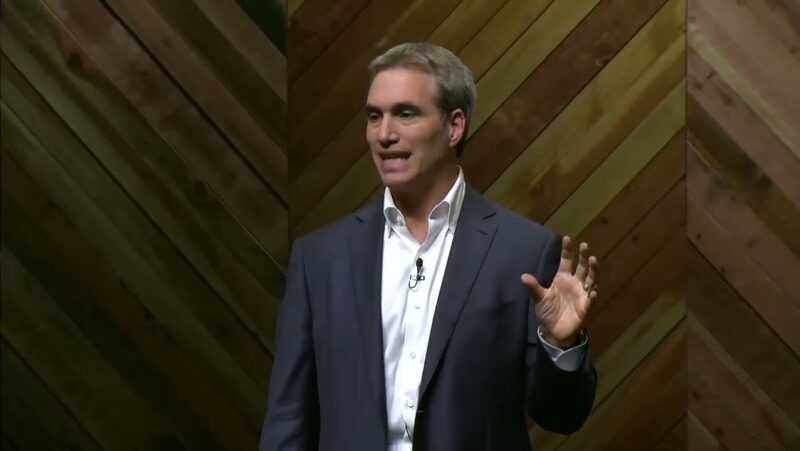
Inspirational Leadership in the Human Economy
Dov Seidman gives the keynote address at Salesforce exploring the imperative of living, working, and leading with morality in a world radically reshaped by the forces of technology.
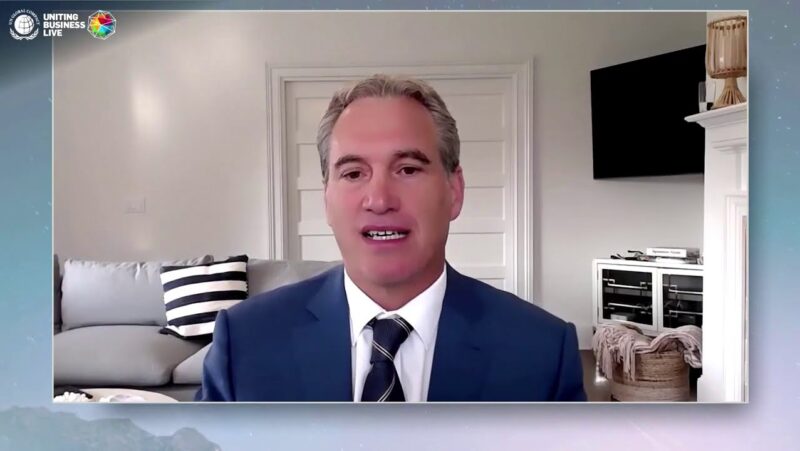
Courageous Leadership at UN75
Dov Seidman, founder and chairman of The HOW Institute for Society spoke at the opening session of the UNGA 75 Private Sector Forum on September 22, 2020. Dov shared his thoughts on what it means to lead with courage in our rapidly reshaped world.
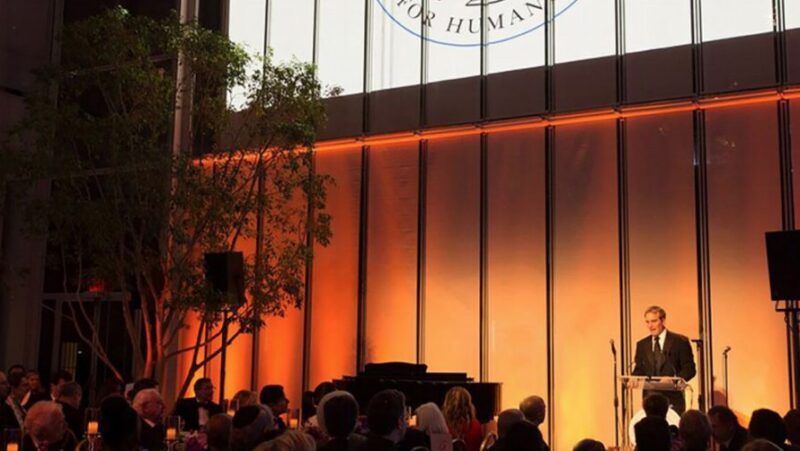
Honoring Professor Elie Wiesel
On November 1, 2017, the Elie Wiesel Foundation for Humanity presented its inaugural Legacy Award to Oprah Winfrey at the Morgan Library in New York City. The award recognized Ms. Winfrey’s efforts to carry on the work and message of Elie Wiesel through her commitment to humanitarian service. CEO of LRN Dov Seidman was asked to speak about what Elie mean
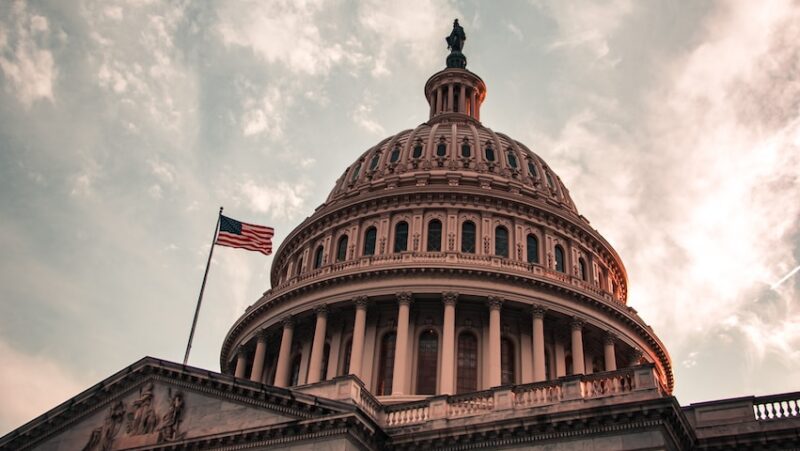
Testimony Before the U.S. Sentencing Commission
We are in troubling times for the business community, and your work is greatly appreciated by it. Trust of American business is at an exceedingly low level, perhaps the lowest since the Great Depression. The actions of a few, spectacular malfeasants have sullied the reputation of business as a whole and exposed the need for greater vigilance, and greater penalties for failures of compliance and ethics.

UCLA Commencement Address “Doing the Right Thing”
Dov spoke to the graduating class about the importance of “Doing the Right Thing”.
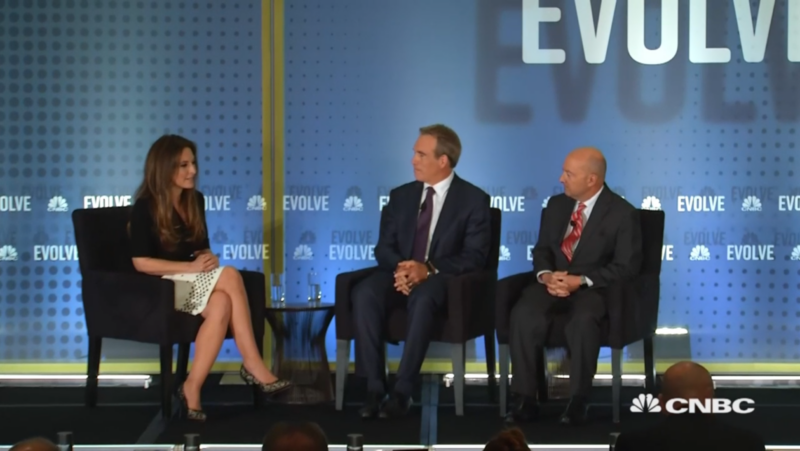
Dov Seidman and Admiral James Stavridis at CNBC Evolve with Suzy Welch
Former admiral James Stavridis motivated and inspired thousands of sailors amid shifting tides; Dov Seidmen, the ‘CEO whisperer’ teaches the ‘how’ of innovation. They both are joined by Suzy Welch at CNBC Evolve talking about what makes great leaders, and what new skills are needed in today’s dynamic business environment.
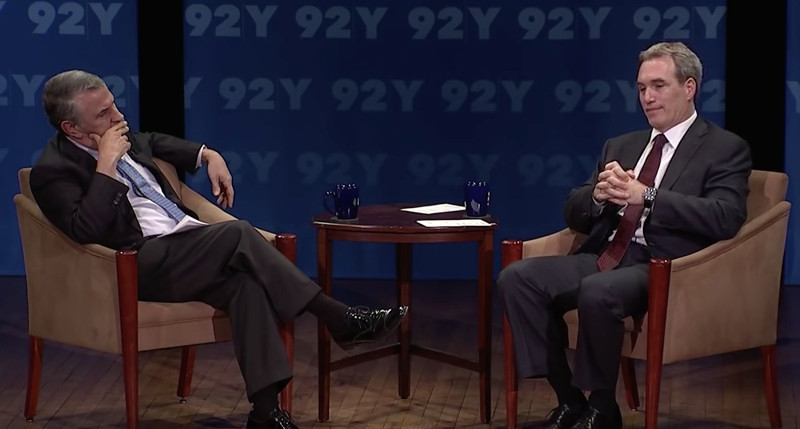
The HOW of Repairing our World with Dov Seidman and Tom Friedman
Join us for the first in a series of conversations on HOW individuals, nations and business must urgently change how they behave, lead and operate in a world that is more interconnected and interdependent. This first evening will examine the challenges in the global arena at this pivotal time and the fundamental shifts needed to solve our most pressing problems.
Moral Leadership
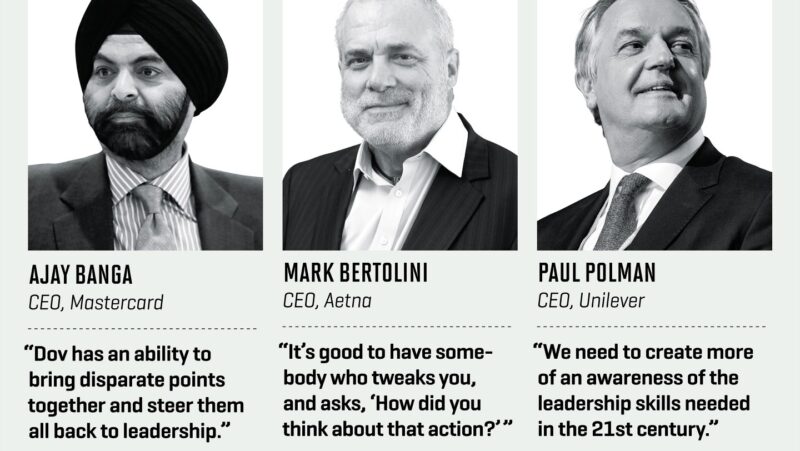
The Four Pillars of Moral Leadership
The animating spirit of business has always been an ambition to do big things—to build something valuable, to solve a difficult problem, to provide a useful service, to explore the frontiers of human possibility.

What It Means to Be a Moral Leader
Remember when leaders could sidestep taking a stand on sensitive political or social issues by saying, “The business of business is business”? That aloof neutrality no longer cuts it, says Dov Seidman, founder and chairman of The HOW Institute for Society.
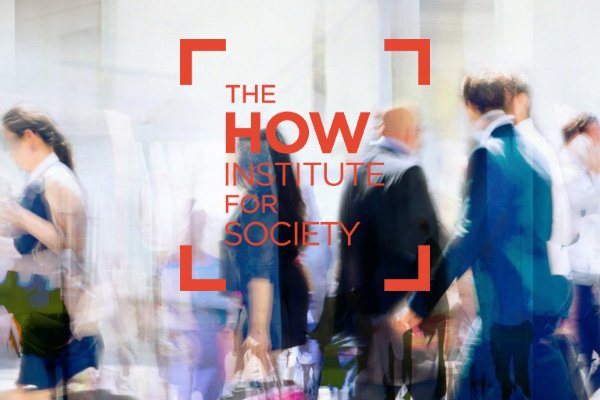

The Urgent Imperative of Moral Leadership
Powerful technological, political, social, and economic forces are reshaping the world faster than we are able to reliably adapt. More than ever, we rise or fall together.
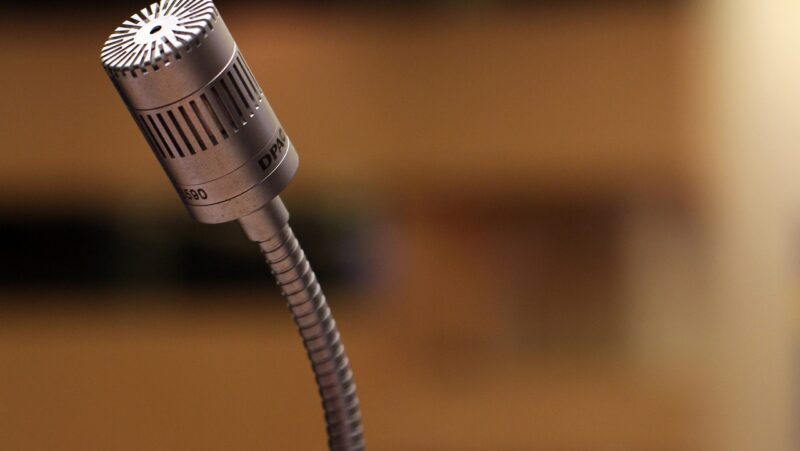

We Need Great Leadership Now, and Here’s What It Looks Like
These times are testing leaders from the schoolhouse to the White House, from city halls to corporate suites.
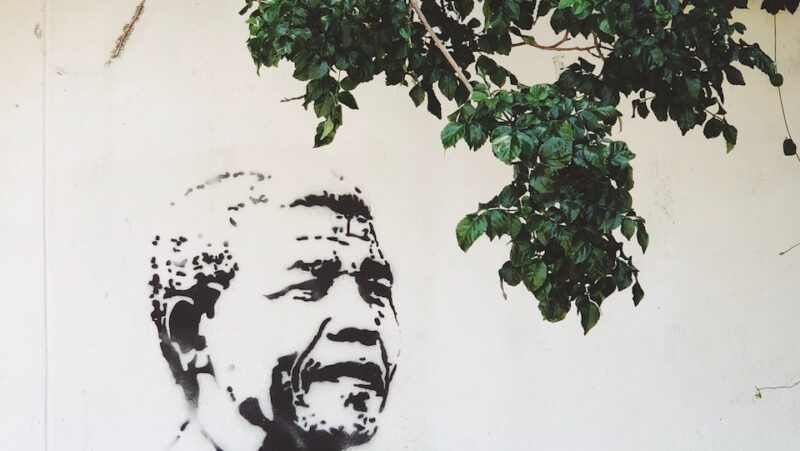

Why Mandela Was Unique
The global outpouring of respect for Nelson Mandela suggests that we’re not just saying goodbye to the man at his death but that we’re losing a certain kind of leader, unique on the world stage today, and we are mourning that just as much. Mandela had an extraordinary amount of “moral authority.”
Technology
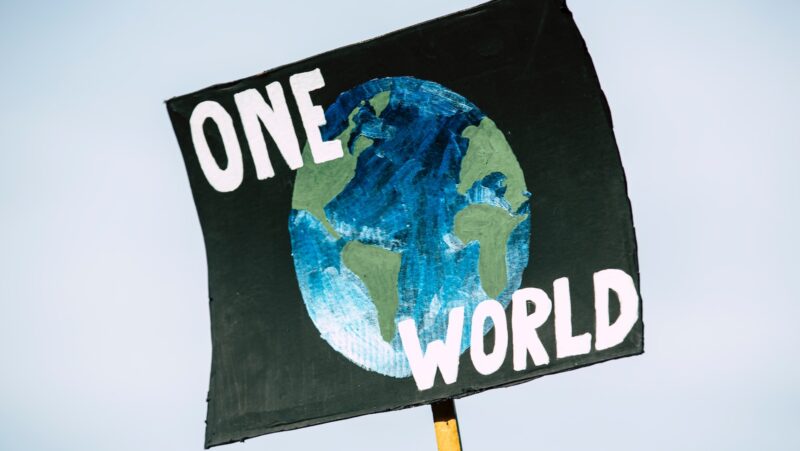

We Are Opening the Lids on Two Giant Pandora’s Boxes
Let’s face it, we did not understand how much social networks would be used to undermine the twin pillars of any free society — truth and trust. So if we approach generative A.I. just as heedlessly — if we again go along with Mark Zuckerberg’s reckless mantra at the dawn of social networks, “move fast and break things” — oh, baby, we are going to break things faster, harder and deeper than anyone can imagine

From the Knowledge Economy to the Human Economy
Over the course of the 20th century, the mature economies of the world evolved from being industrial economies to knowledge economies. Now we are at another watershed moment, transitioning to human economies—and the shift has profound implications for management.
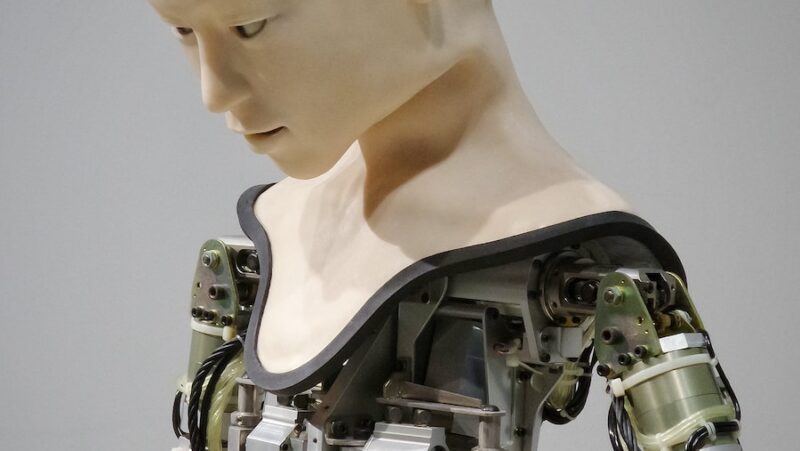

From Hands to Heads to Hearts
The one thing machines will never have: “a heart.”
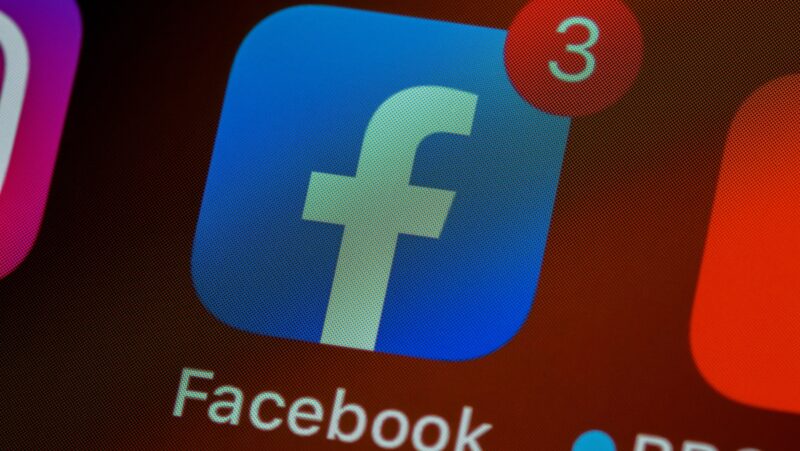

How Mark Zuckerberg Can Save Facebook — and Us
In today’s society, leaders often grapple with the unintended consequences of technology platforms and struggle to ensure they fulfill their original purpose.

The Rise of the Human Economy
Technology isn’t just changing our world. It’s reshaping it faster than individuals and institutions are…
Authentic Apologies


The Transformative Power of Transparency
Doctors don’t traditionally apologize for medical errors; in fact, they usually don’t even disclose them. That is why I have long been interested in how the University of Michigan Health Systems has bucked tradition with its Michigan Model, a collaborative and transparent approach to patient safety and medical mistakes.


Readers Get to Weigh In on Apologies
When Andrew Ross Sorkin and I came together to start “Apology Watch,” our goal was to elevate the conversation about authentic apologies. In that vein, we are introducing an “Apology Metric” survey to give readers an opportunity to share their insight.
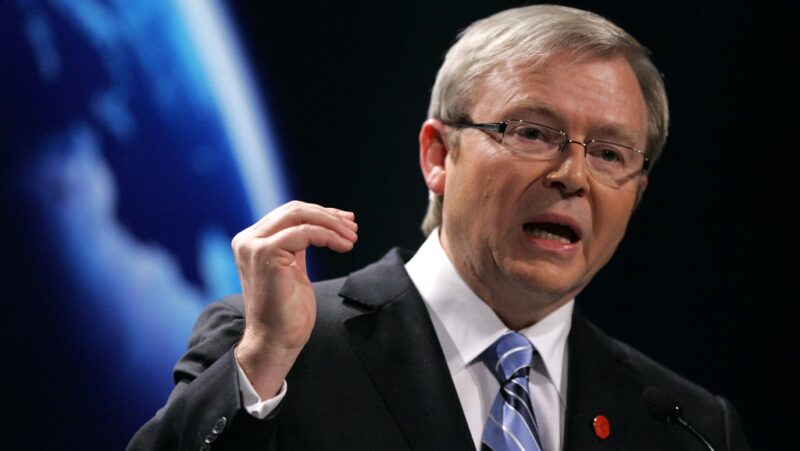

Measuring the Apology of Kevin Rudd, Former Prime Minister of Australia
This is the third apology in our Apology Metrics series in which we present apologies for readers to assess. Our goal is not to evaluate apologies as theatrical performances but to evaluate the apologizer’s behavior over time to see whether there has been genuine change. This time, we will look at the apology of Kevin Rudd, the former prime minister of Australia, to Australia’s indigenous community in 2008. With the benefit of six years of hindsight, we are in a much better position to judge the apology’s authenticity.
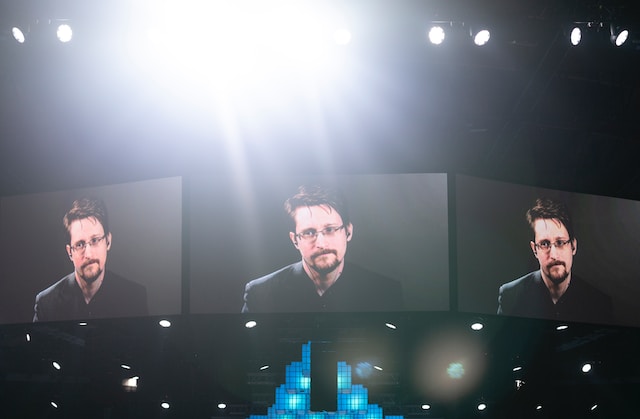
The Fine Art Of The Public Apology
With high-profile apologies from the likes of Toronto Mayor Rob Ford to New Jersey Gov. Chris Christie, we’re in apology overload. Dov Seidman is calling for an apology cease-fire. Seidman is CEO of a company that helps corporations develop values-based cultures and strengthen their ethics and compliance effort. He tells Audie Cornish why he takes issue with recent apologies and what he believes makes a good one.
Trust & Society
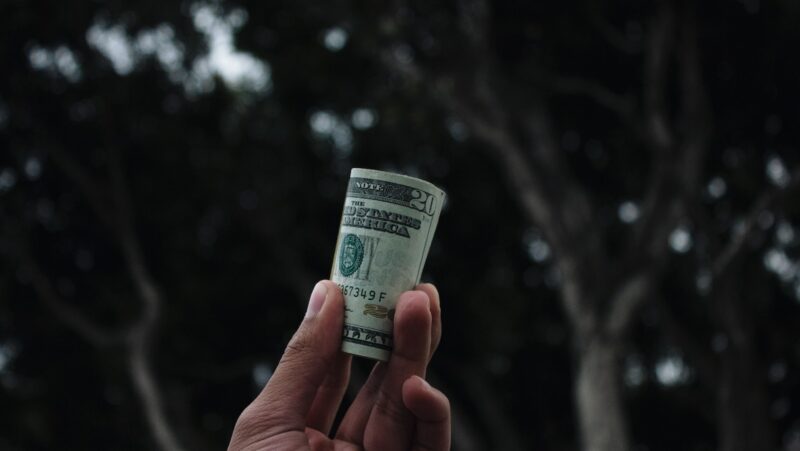
Why Trust Motivates More than Pay
Everyone knows that a workplace in which people feel appreciated and valued, with more autonomy, is a more pleasant place to work than one in which they don’t. What has been less certain is that workplaces with high trust and a strong culture actually do better as businesses.
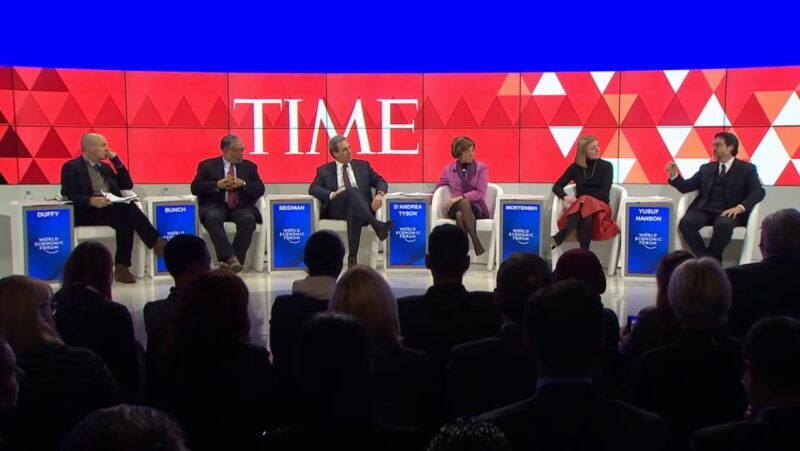
Davos – The Great American Divide
A new president will be inaugurated this week. In the aftermath of a divisive election season, how can the United States be reunited?

Trust is a Drug
Neuroscientists have since proven that trust is akin to a drug literally because oxytocin is released in the brain when someone feels that someone is trusting them.
HOW Conversations
More HOW Conversations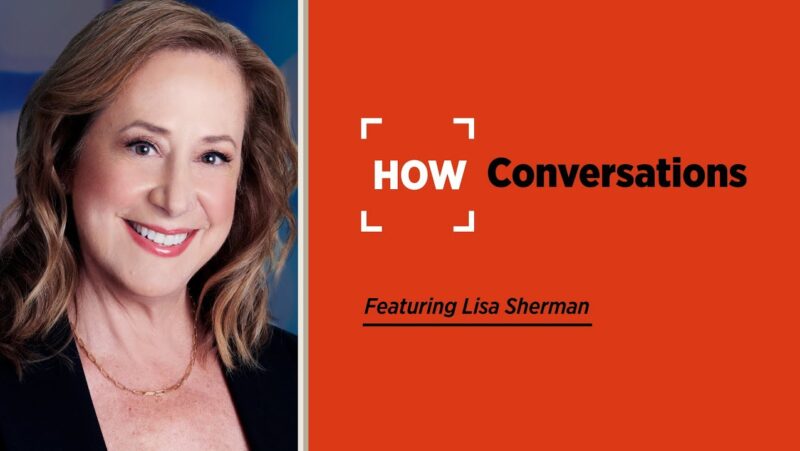

Leading With Purpose Makes Magic Happen
Lisa Sherman, President and CEO of The Ad Council, joins Dov Seidman on HOW Conversations. Together they discuss the new challenges that face leaders in a morally activated world and the frameworks leaders need to help them decide when they should lean-in on social issues.
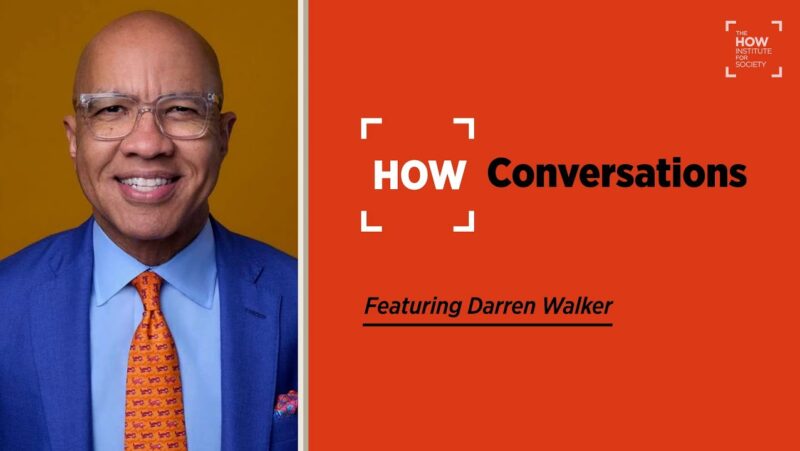

The Business of Hope
Darren Walker, President of the Ford Foundation, joined Dov Seidman on HOW Conversations to discuss Mr. Walker’s new book, From Generosity to Justice: A New Gospel of Wealth. “I was born into an America that believed in my promise.”
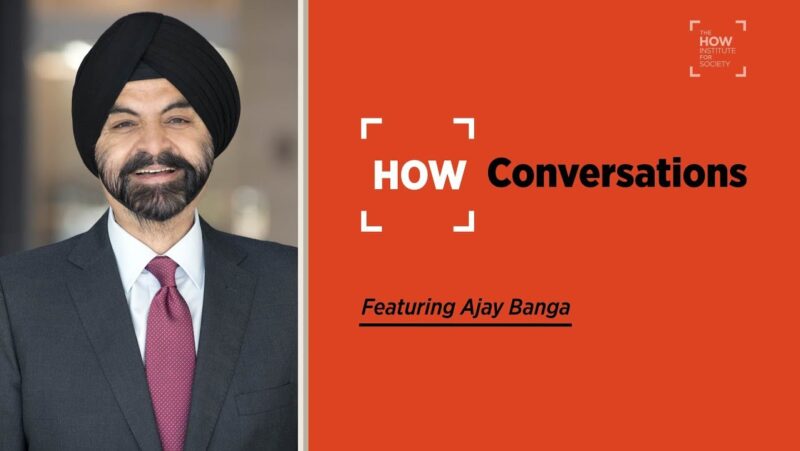

Leading via Decency…and Winning
Ajay Banga tells Dov Seidman on a new episode of HOW Conversations. Ajay explains why he thinks capitalism as we know it needs an overhaul and why the business of business is now about society. “This [wealth] inequality, this climate inequality, they don’t work for me, and they don’t work for my children, and they don’t work for you.”
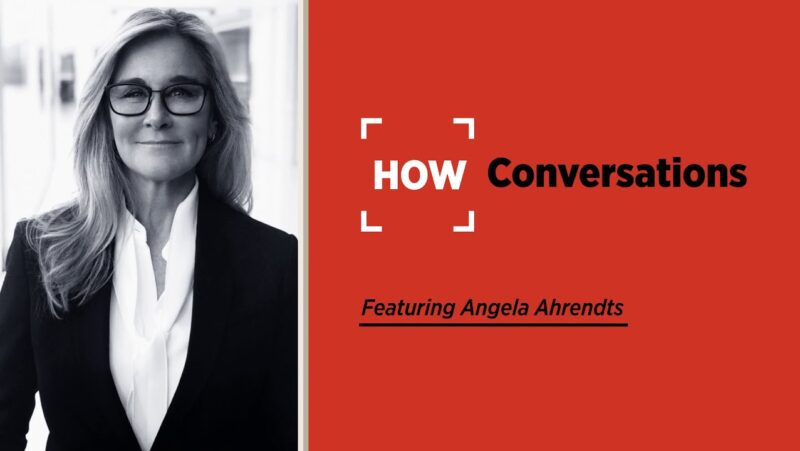

Moral Leadership Means Always Focusing on the Greater Good
Angela Ahrendts believes success comes from putting others first, “My definition of moral leadership is always doing what’s best for the greater good of the whole, not yourself, not your boss, not your board.” Angela, a HOW Institute Board Member and the Chair of Save the Children International, spoke with Dov Seidman on HOW Conversations.
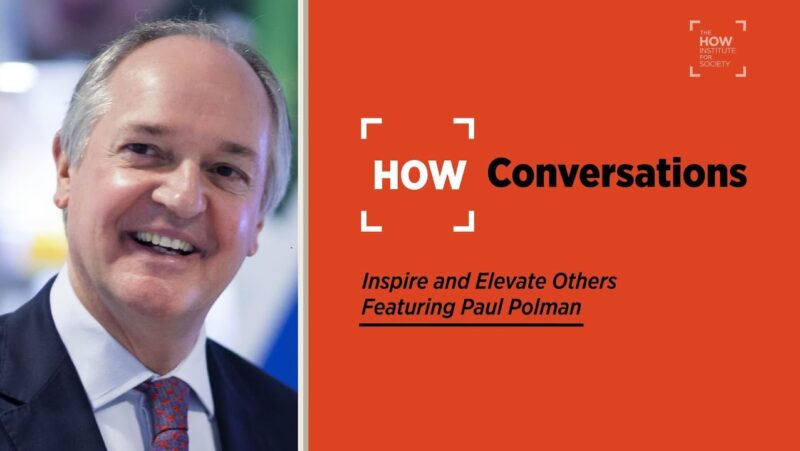

Paul Polman Says We Are Short of Leaders and Trees and We Need More of Both
“COVID has been a rude awakening for most of us. For the first time we have seen that our current system isn’t really working as well as we intended,” says Paul Polman a HOW Institute Board Member and the former CEO of Unilever. Paul spoke with Dov Seidman in this episode of HOW Conversations about the challenges and the opportunities the pandemic has revealed.
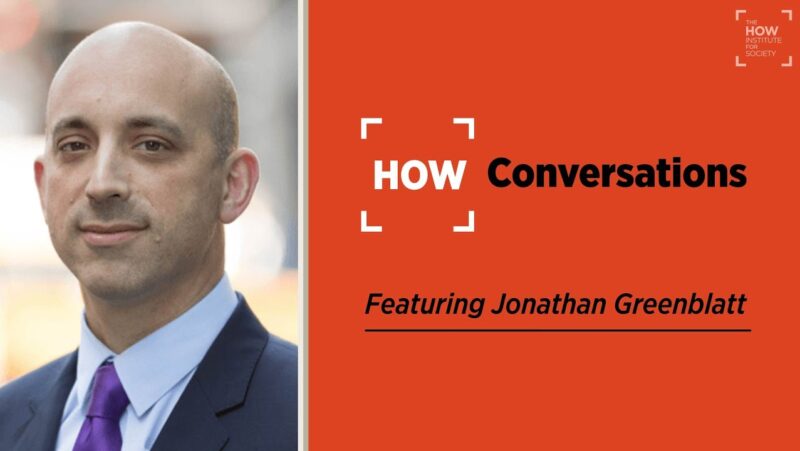

Part One: Leading With Moral Courage
Jonathan Greenblatt, the CEO of the Anti-Defamation League, sat down with Dov Seidman for a new two-part episode of HOW Conversations. They spoke about Jonathan’s new book, It Could Happen Here, Why America is Tipping from Hate to the Unthinkable – And How We Can Stop It. And their conversations touched on how to use moral courage to fight hate, why we need strong human connections in a transactional world and importance of pausing.
Moral Philosophy
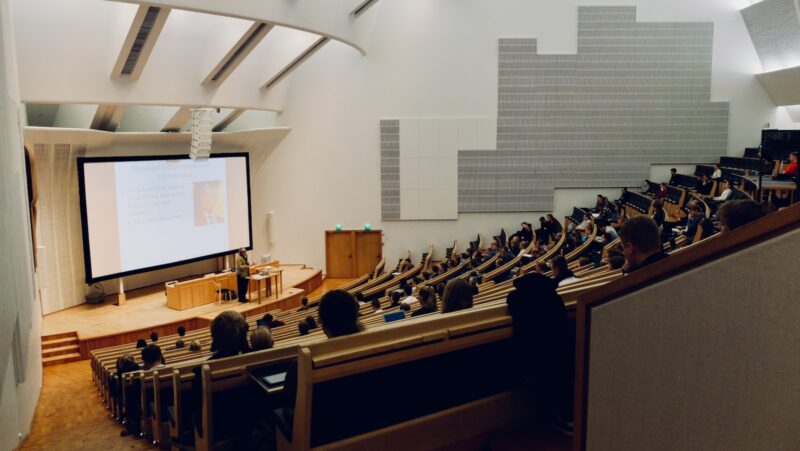
Seven Pointers for Future Leaders from Moral Philosophers
This fall, some 20 million students will attend colleges and universities across America. At a formative time in their lives – intellectually, emotionally and morally – they’ll be exposed to a range of people and ideas that will shape the way they think, feel and relate to others and the world.
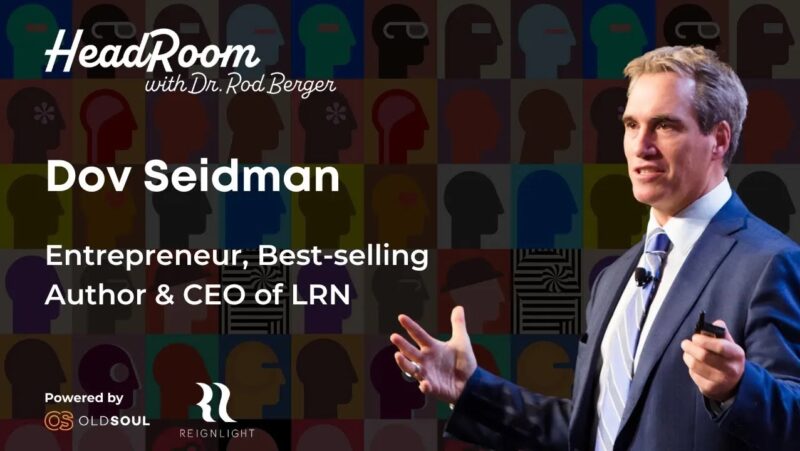
Philosophy in Business | Headroom With Dr. Rod Berger
In this special episode I talk with Dov Seidman, a successful entrepreneur and CEO, best-selling author/writer,and a teacher, at the YPO.
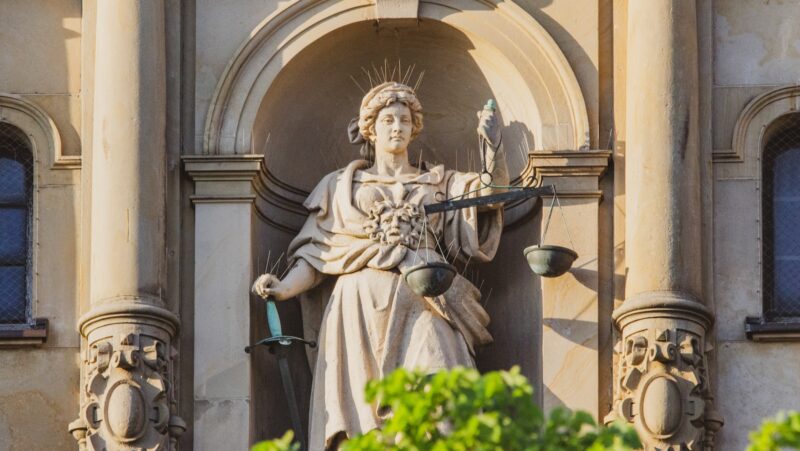
10 Practical Pointers for Capitalists from 10 Moral Philosophers
This year, WEF focused on “Resilient Dynamism” with sessions on “the Moral Economy” and “the Values Context.” Both resiliency and dynamism are qualities enabled by vibrant and virtuous individual or organizational character, and so it is only natural that amid the conversations at Davos this year, an earnest debate emerged about the morality of capitalism itself.
Pause

Starting with a Pause
People see that many of the companies where they have put their time, money, and faith are not actually working for them. Many employees and customers have adopted mistrust as a way of life, assuming that every big mainstream business will sooner or later fail to live up to their expectations.
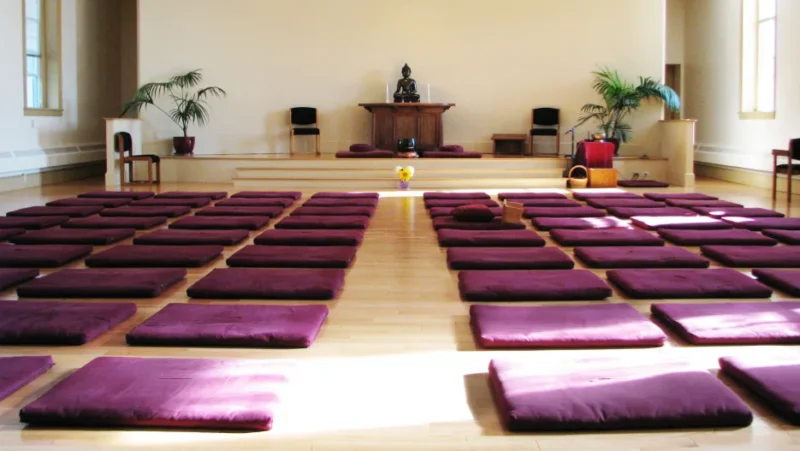
Why There’s More to Taking a Break to Just Sitting There
There’s definitely something happening here with pauses, but it isn’t exactly clear that we’re putting our pauses to good use. We’d better learn how to do so in a hurry because pausing has become a crucial capability for leaders, employees, and organizations in the 21st century.


Time for a Pause
You could easily write a book, or, better yet, make a movie about the drama that engulfed Sony Pictures and “The Interview,” Sony’s own movie about the fictionalized assassination of North Korea’s real-life dictator.
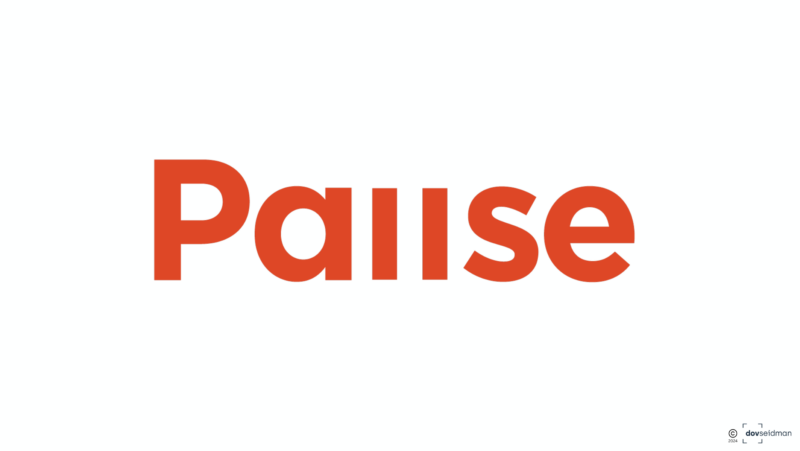
PAUSE: The Key to Good Leadership
As humans, one of the simplest and most powerful tools we have is the ability to pause. Pausing creates a space to make determinations about how to best move forward. The Pause questionnaire is an online tool to help people pause and reflect on their values and the consequences of their behavior.
About Dov
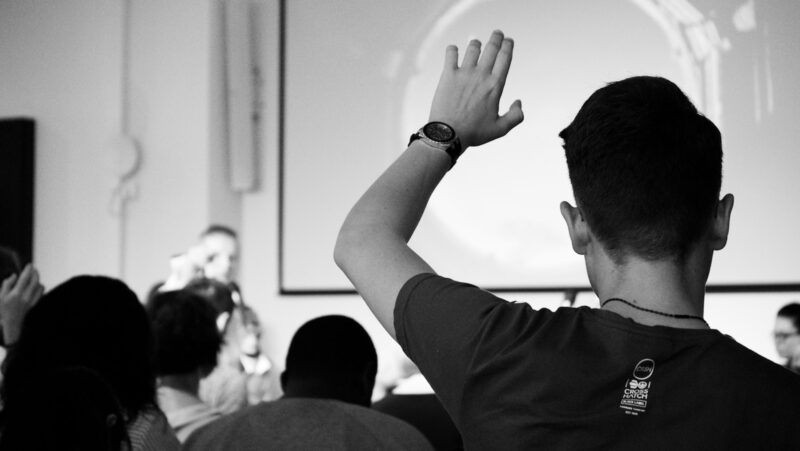
Why HOW Matters Most
Dov Seidman, Founder and Chairman of The HOW Institute for Society, joined Harvard as a Hauser Leader in the Fall of 2022. Throughout his time on campus, Dov drew students into deep, provoking conversations about frameworks and models of leadership and explored with students their own leadership journeys and how they can be guided by their deepest beliefs. Dov spoke with us about his experience engaging with students at CPL.
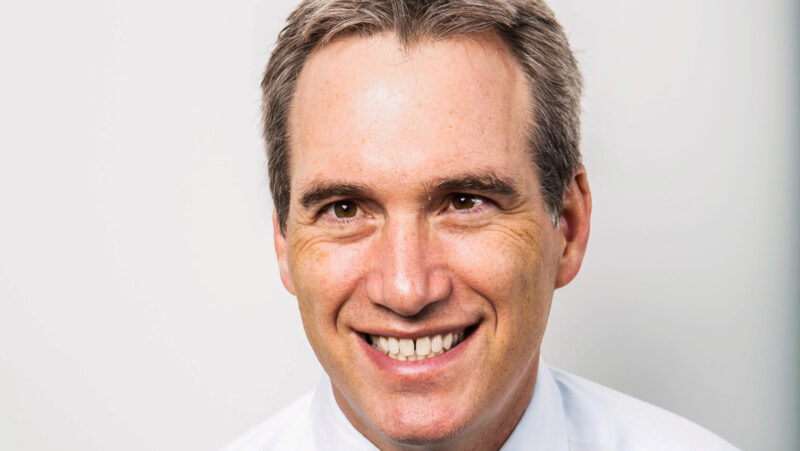
His Keen Sense of Ethics has Paid Off Handsomely
Turning his company into a movement: Seidman talks about ideas and inspirations the way a mechanic talks about pistons and carburetors. He makes them tangible and kinetic before your eyes.
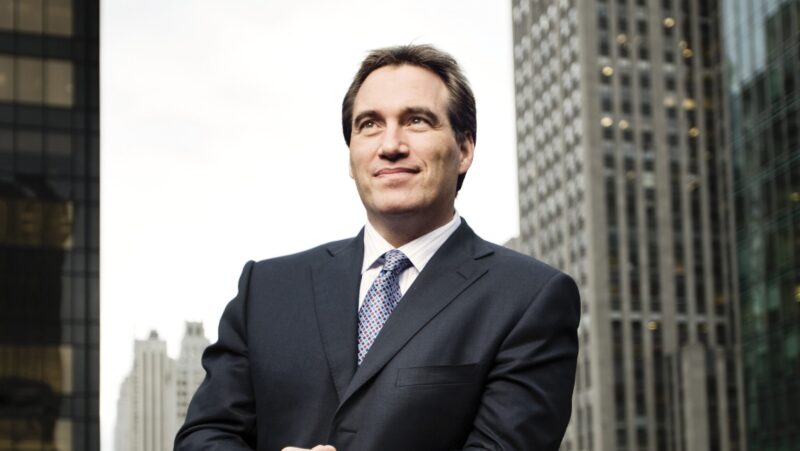
Dov Seidman’s Secret: You Don’t Have to Be a Sucker to Succeed
Seidman lays out his personal story, and his organizational philosophy, in his new book “How: Why How We Do Anything Means Everything,” in which he addresses the power of values, creativity and the willingness to think differently.
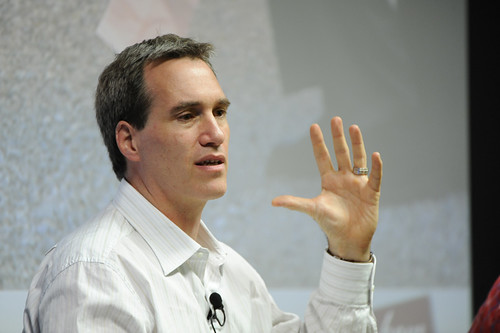
Why Values Need to be at Heart of Sustainable Business Transformation
Jo Confino interviews Dov Seidman about where capitalism lost its way and why values must be at the heart of corporate sustainability transformation
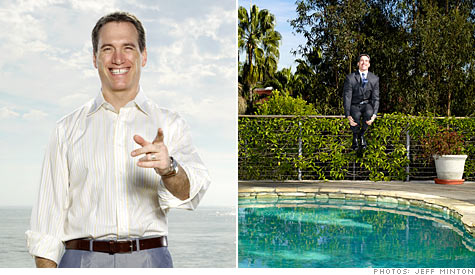
Why doing good is good for business
Virtue is supposed to be its own reward, but according to an emerging line of thought, it’s profitable too. The Pfizer (PFE, Fortune 500) case is the kind of object lesson that permeates the gospel of Dov Seidman, a Los Angeles-based management guru who has become the hottest adviser on corporate virtue to Fortune 500 companies.
Capitalism
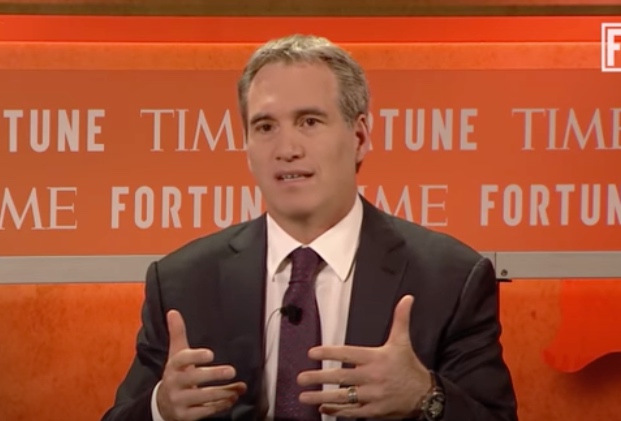
Why Today’s Capitalism is No Longer Laissez-Faire
If ever we needed any evidence that we are undergoing a huge shift in the very nature of capitalism, how our economy is organized and what business fundamentally is, we need only look to how and how much new business language is being invented. While business often gets accused of being jargony, of creating unintelligible phrases, I think much more is going on with this flowering of ethically-minded language.
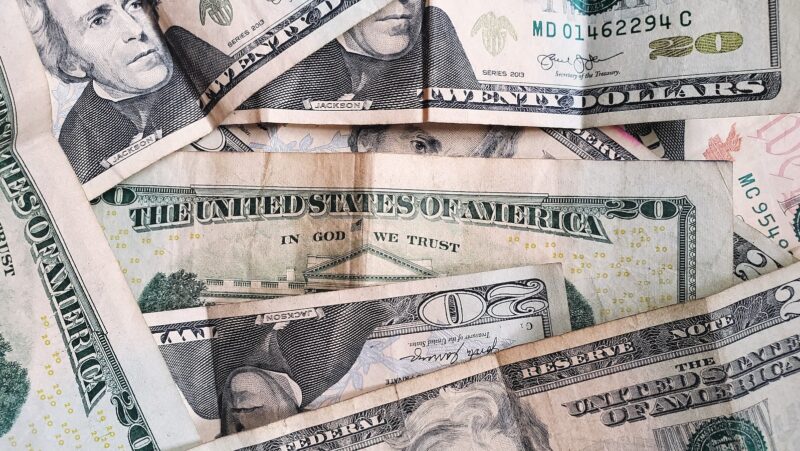
Capitalism for Everyone or No One
The conference’s central question revolves around the growing recognition that the free enterprise system does not operate in a vacuum, and that it thus must be animated by a conscious regard for all its present and future stakeholders.
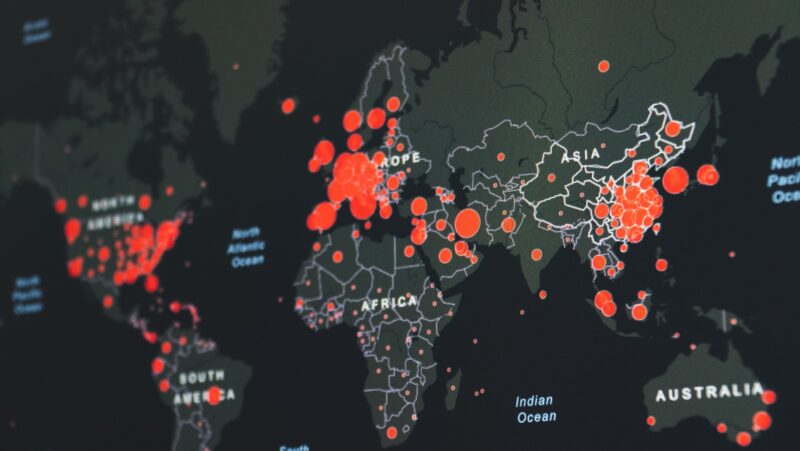
Why the coronavirus crisis makes moral leadership more important than ever
The coronavirus pandemic has created a moral crisis, in which we face profound dilemmas and painful tradeoffs—even the ultimate tradeoff between saving lives and returning to normalcy. Only one kind of leadership can successfully respond to a moral crisis: moral leadership. It’s especially in times of crisis that people naturally look to authority for truthful answers, wise guidance, courageous action, and hope.